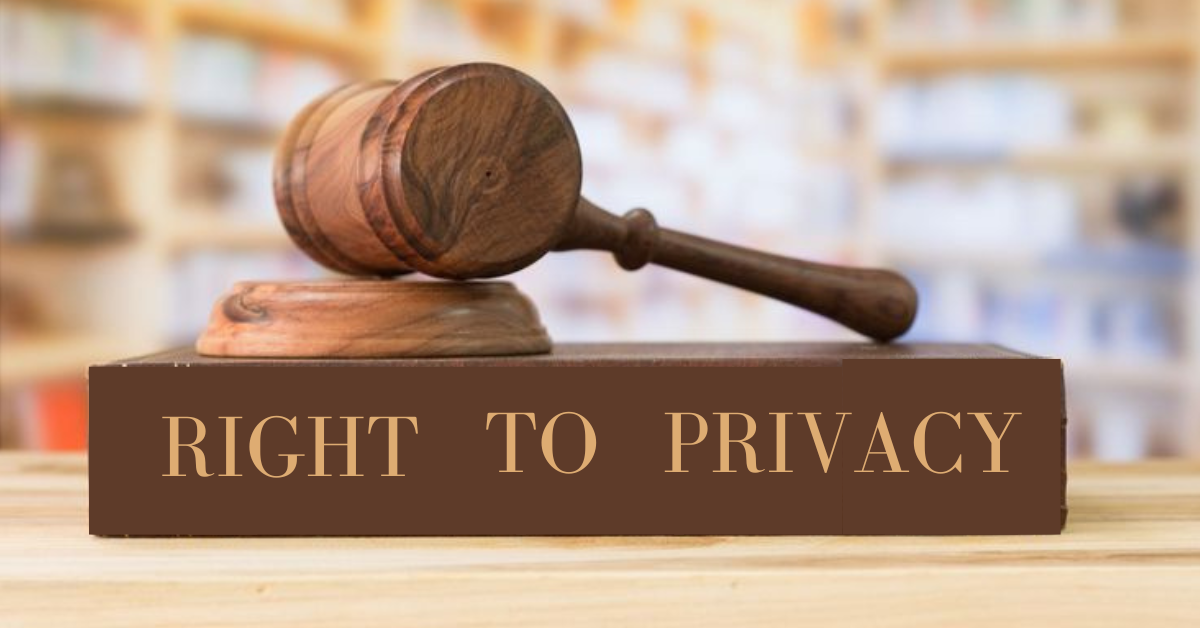The Supreme Court’s Reaffirmation of Individual Liberties Amidst Legal Controversies

I. Introduction
Case Overview: Right to Privacy in a Criminal Appeal Involving Section 302 IPC:
The Supreme Court in Criminal Appeal No.1730 of 2012 deliberated upon a matter involving serious charges under Section 302 of the IPC. The bench comprising of Justice Abhay S. Oka and Justice Sanjiv Karol analyzed the testimony and evidence on record, questioning the approach taken by the courts below which resulted in the conviction of the appellant, Indrakunwar, for a grave offense.
II. Background and Controversy
The controversy stems from the discovery of a deceased newborn child and the subsequent accusation and conviction of Indrakunwar, a woman living alone in the village, under the suspicion of infanticide. The crux of the controversy revolves around the circumstantial evidence against her and the invocation of her right to privacy concerning the events leading to her miscarriage.
III. Prayer of the Applicant
The convict-appellant sought to overturn the conviction on the grounds of insufficient evidence and violation of her right to privacy, among other legal contentions.
IV. Right to Privacy Legal Issues and Judicial Reasoning
The Supreme Court scrutinized the matter, particularly examining whether the conviction was justifiably based on the evidence provided and whether the appellant’s right to privacy was unjustly encroached upon.
V. Advocates’ Arguments and Opposition Submissions
The defence counsel vehemently denied all accusations against the appellant, presenting an alternative narrative of events and challenging the breach of privacy rights. Meanwhile, the prosecution’s case relied on circumstantial evidence, which the Court found insufficient.
VI. Important Observations of the Court On Right to privacy
The Court underscored the sanctity of the right to privacy, drawing from landmark judgments and international principles. It pointed out the lack of definitive evidence linking the appellant to the crime and criticized the lower courts for their reliance on mere presumptions.
VII. Conclusion: Upholding Right to Privacy in Legal Proceedings
Upon re-evaluation, the Court acquitted the appellant, Indrakunwar, citing the fundamental principle that the burden of proof lies with the prosecution, which was not met. The Court’s observations re-emphasize the constitutional guarantees of privacy and dignity.
VIII. References
Joseph Shine v Union of India
Shailendra Rajdev Pasvan v. State of Gujarat
Munikrishna v. State
Sharad Birdhichand Sarda v. State of Maharashtra
K.S. Puttaswamy v. Union of India
IX. Provisions of Law Right to Privacy
| Sr. no. | Provision / Section of Law | Context in the Case |
|---|---|---|
| 1 | Section 302 IPC | Accusation of infanticide |
| 2 | Section 313 Cr.P.C. | Right to silence and fair questioning |
| 3 | Indian Evidence Act, 1872 | Evidentiary value of statements not under oath |
The above table encapsulates the legal provisions relevant to the case at hand, underlining their significance in judicial analysis conducted by Supreme Court.
X. The Supreme Court’s Guidelines on Section 313 Cr.P.C.
In this case, while acquitting a woman accused of killing her own child who was convicted for murder and sentenced to life imprisonment, also decided what may be required from a convict in her statement under Section 313 Code of Criminal Procedure (Cr.P.C). Citing an extensive thread of precedents, Supreme Court penned down these principles1:
- The object is to enable accused to explain any circumstances appearing in evidence against them.
- The intent is to establish a dialogue between court and accused.
- This process benefits accused and aids court in arriving at final verdict.
- This process is not a matter of procedural formality but is based on principle of natural justice.
- Ultimate test is whether accused got opportunity to say his piece.
- Accused may not be put to prejudice by any omission or inadequate questioning.
- Right to remain silent or any answer which may be false shall not be used against him.
- This statement cannot form sole basis for conviction.
- It does not discharge but reduces prosecution’s burden.
- Statement is to be read as a whole.
- Circumstances not put to accused are excluded from consideration.
- Court is obligated to put all incriminating circumstances to accused so as to give him opportunity to articulate his defence.
These principles are critical in ensuring that an accused person’s rights are protected during trial proceedings.
XI: Conclusion in Right to Privacy Concern
This case serves as a reminder that while it is important for justice to be served, it should not be at expense of individual liberties such as right to privacy. The Supreme Court’s reaffirmation of these principles in context of Section 313 Cr.P.C. is a testament to its commitment to uphold the rights of accused individuals, ensuring that they are given a fair opportunity to present their case and that their right to privacy is respected.
Learn More:













